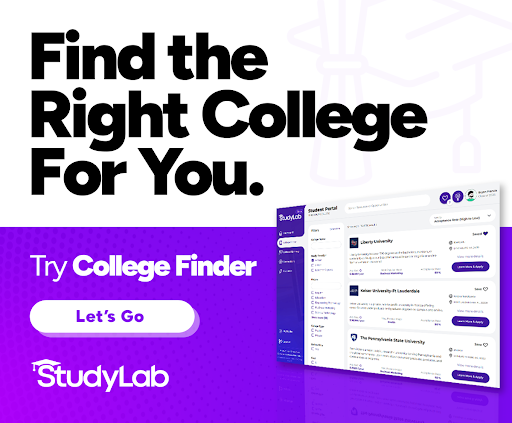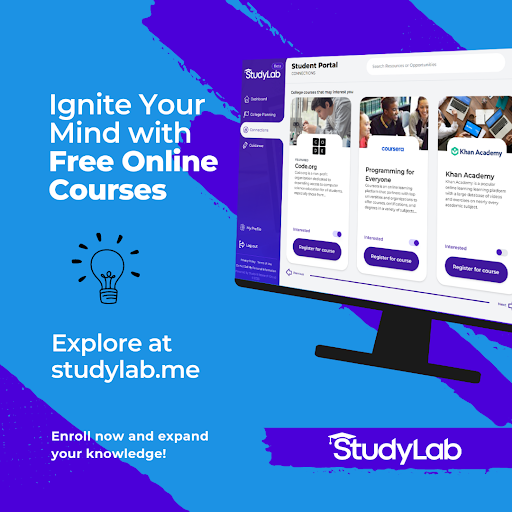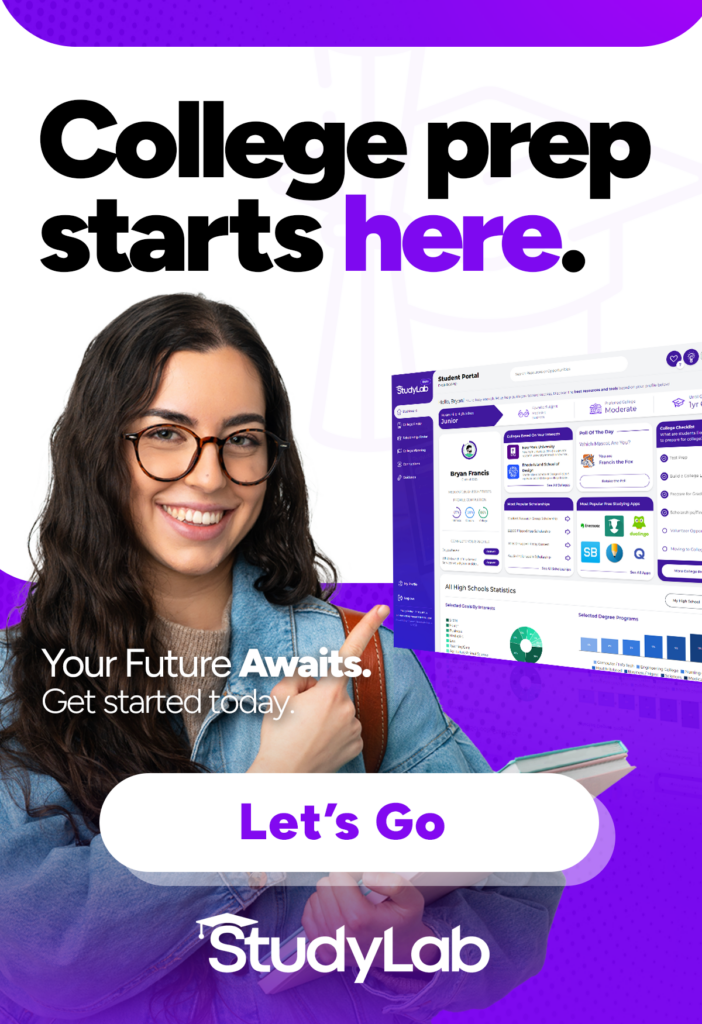4-year college degrees aren’t for everyone! In fact, current Gen Z high school graduates are increasingly choosing to postpone college and choose alternative paths. For the high school class of 2023, 55% opted out of a traditional 4-year college path—and this trend will likely continue!
2-year schools and college alternatives can be a good option for those who are unsure of their next steps. Two-year college programs and other options offer flexibility, affordability, and a chance for exploration—making them an excellent option for students who are undecided about their academic or career paths.
What other paths are there after high school?
While a 4-year degree is typically seen as “traditional,” there are many alternative paths. For students who are figuring out their post-high school plan, there are plenty of options! Some alternatives to college bachelor’s degrees include:
- 2-year college programs
- Online education
- Certificate programs
- Vocational, trade, and technical training programs
- Gap years
- …and more!
Embracing alternatives to college ensures that every student finds a path that aligns with their unique goals and strengths. In this blog post, we’ll cover different paths after high school and what might make them a good choice for students.
Enroll in 2-year schools
2-year school programs can help students figure out what they want to study without the commitment—and cost—of a 4-year program.
Many community colleges offer associate’s degree programs. Students could later use this degree to transfer to a 4-year bachelor’s program, which will allow them to surpass a majority of general requirements at their next school. This is a great path for students hoping to save money or who aren’t 100% certain about the degree they want.

2-year degrees let students dip their toes into college structure, with less pressure and commitment than a 4-year program.
Take Online College Courses
Many colleges and 2-year schools offer online courses—or even full online degree programs! Taking a few online courses can be a great way for students to sample some different subjects and figure out what their next steps should be.
Online degree programs can offer students associate’s and bachelor’s degrees with more flexibility than in-person learning. And, the cost is typically significantly lower than in-person education.
Utilize Certificate Programs and Self-Guided Learning
Certificate programs come in two forms: Field-specific certificates and skill-related certificates. For career certificate programs, students will need to have a clear idea of the field they like to go into.
Skill-related certificates, however, can help students explore different fields while learning valuable skills. Either way, certificate programs can help students figure out what path they’d like to take.

Self-guided learning, on the other hand, is much less simple to define. While this might include courses like HubSpot certifications or LinkedIn learning, it can also include learning skills for free through YouTube! New skills can be a great addition to your resume, whether you eventually decide to apply for college or enter the job market.
Explore Vocational Education, Apprenticeships, & Trade Schools
For some careers, college isn’t necessary. Vocational, technical, and trade schools teach valuable skills that are needed for specific jobs. Some examples of careers that benefit from trade schools are mechanics and plumbers since these programs teach the necessary skills for that specific job.
Apprenticeships, on the other hand, are a learning experience that pays you. These opportunities are often offered through employers or labor unions. Apprentices work in their chosen roles and receive on-the-job training, often in addition to mentorship and classroom instruction. This is a great option for students who know what they want to do but excel through hands-on learning.
Consider Other Paths
Additional options, like the military and entrepreneurship, don’t require degrees at all.
The military can provide students with a career path that won’t require a college degree. Students who are interested in this path should speak with a local recruiter to make sure that it’s the right choice for them.
Entrepreneurship, freelancing, and similar paths can be great for students with a marketable talent or skillset. Anything from copywriting to car detailing to art can be turned into a business! While entrepreneurship and freelancing often provide a less reliable income stream than salaried careers, that doesn’t mean they can’t be lucrative!
Take a Gap Year
For students who are unsure of what they want to study, a gap year can be incredibly useful! Whether you use a gap year to travel, work to save up for college, or learn more about different paths, gap years can provide valuable time to figure out your next steps.
Decide what’s best for you!
No matter what path you choose—from 2-year schools to college alternatives—StudyLab has resources to help you prepare for your next steps.
With StudyLab’s College Finder tool, you can filter by “Study Duration,” which allows you to easily browse 2-year or 4-year schools. And with all of the different free resources StudyLab has to offer, you can find everything from online courses, to textbooks, and more!
The best part: StudyLab is free to use! Sign up today at StudyLab.me.



